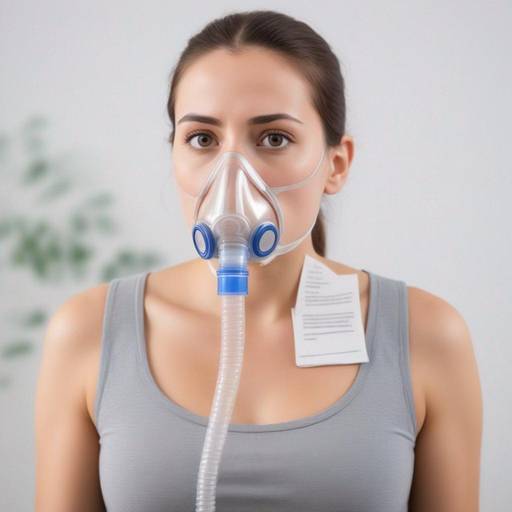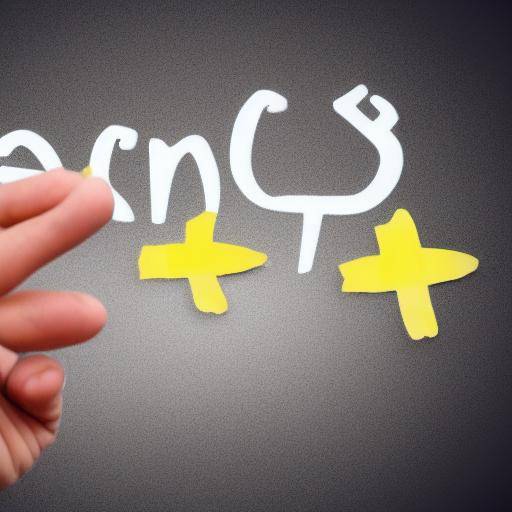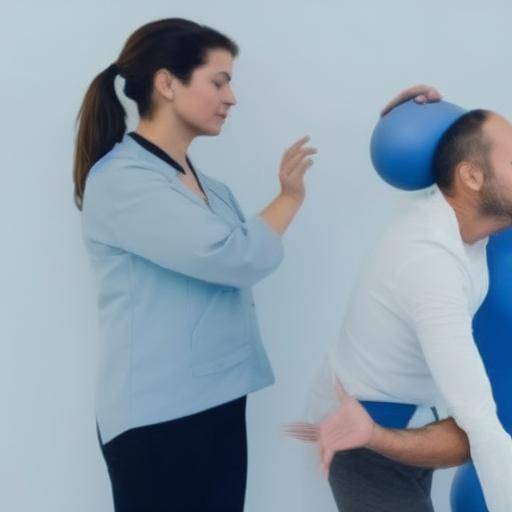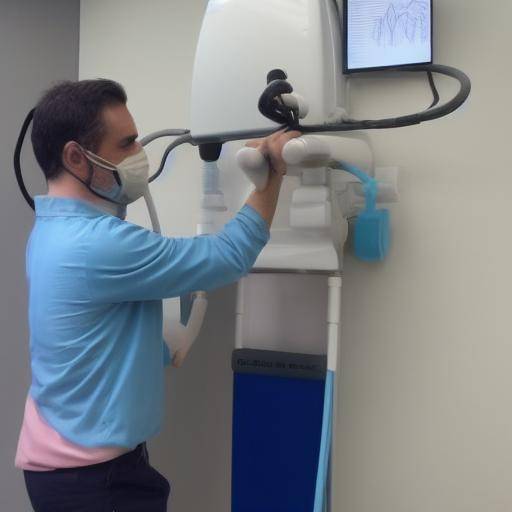
Stress is an inevitable part of modern life. In today's society, labour, social and personal demands can overwhelm us, affecting our health and well-being. That is why it is essential to have effective tools to manage stress. One of those tools is deep breathing, a simple yet powerful technique that can help calm the mind and body in moments of tension. In this article we will explore in detail how to use deep breathing to manage stress, as well as related relaxation techniques and effective strategies to manage everyday stress.
Introduction - Discover the power of deep breathing
Breathing is something we do automatically, but we rarely stop to consider its impact on our health and well-being. Deep breathing, also known as abdominal or diaphragmatic breathing, involves inhaling deeply to fill the lungs of the air, which activates the parasympathetic nervous system, responsible for reducing stress and producing a sense of calm.
History and background
Deep respiratory practice has ancestral roots in traditions such as yoga, qigong and meditation. For centuries, these disciplines have recognized the benefits of conscious breathing for physical and mental health. In modern medicine, scientific research has supported and validated these knowledge, demonstrating the positive effects of deep breathing in reducing stress and anxiety.
Conscious breathing has been incorporated in several therapies to treat anxiety disorders, post-traumatic stress and other mental health conditions. In addition, it has been used in clinical, educational and corporate environments to improve the general well-being of people.
Detailed analysis
The benefits of deep breathing are varied and substantial. Scientific research has shown that this practice can reduce cortisol levels, stress hormone, decrease blood pressure, improve lung function and increase the feeling of calm and relaxation.
In addition, deep breathing has been associated with greater mental clarity, greater concentration capacity and better management of emotions. These benefits are particularly relevant in stress situations, where a calm and focused mind can help make more successful decisions and face challenges more effectively.
Comprehensive review
Deep breathing is just one of the many relaxation techniques that exist to handle stress. Meditation, visualization, muscle relaxation exercises and care exercises are some of the alternatives that can be explored to find the most suitable according to individual preferences and needs. It is important to test different approaches and discover what works best in each situation.
Comparative analysis
By comparing deep breathing, relaxation techniques and stress management, it is clear that all these practices aim to achieve an emotional balance and reduce tension in the body and mind. While deep breathing focuses on conscious breathing control to induce relaxation, relaxation techniques can encompass a wider range of methods, from meditation to yoga. Stress management also involves adopting a broader perspective that includes lifestyle changes, coping techniques and creating healthy habits.
Recommendations and practical advice
Integrating deep breathing into the daily routine is key to maintaining calm and mental clarity in moments of tension. Some best practices include booking a few minutes a day to practice deep breathing, using visual or hearing reminders to maintain consistency in technique, and combining deep breathing with other relaxation methods, such as meditation or physical exercise.
Conclusions and FAQs
Question 1: What are the benefits of deep breathing for stress management?
Deep breathing promotes relaxation by stimulating the parasympathetic nervous system, thus reducing cortisol levels, stress hormone. In addition, it improves the oxygenation of the body, which in turn contributes to a sense of calm and general well-being.
Question 2: What is the difference between deep breathing and other relaxation techniques such as meditation or attention?
While deep breathing focuses on conscious control of breathing to induce relaxation, meditation and attention imply full attention at the present time, often through the awareness of breathing, bodily sensations, or thoughts and emotions.
Question 3: How long should deep breathing be practiced to notice its effects?
Even a few minutes of deep respiratory practice can provide immediate benefits, such as a sense of tranquility and tranquility. However, to experience more durable changes in stress management, it is advisable to integrate deep breathing practice regularly into the daily routine, ideally dedicating at least 5-10 minutes a day.
Question 4: Can deep breathing help with anxiety and panic?
Yes, deep breathing has been shown as an effective technique to reduce symptoms of anxiety and panic. By focusing on breathing, people can decrease the response of struggle or flight, fostering a sense of calm and security.
Question 5: Is deep breathing suitable for all people?
In general, the practice of deep breathing is safe and beneficial for most people. However, in case of certain medical conditions or respiratory problems, it is essential to consult a health professional before incorporating this practice on a regular basis.
Question 6: Can deep breathing and other relaxation techniques be combined?
Yes, combining deep breathing with other relaxation techniques, such as meditation, visualization or yoga, can improve beneficial effects and provide a holistic approach to managing stress in different situations.
In conclusion, deep breathing is an accessible, powerful and effective technique for managing stress in everyday life. By understanding their benefits and practicing it regularly, we can cultivate a greater sense of calm, balance and emotional well-being.





































